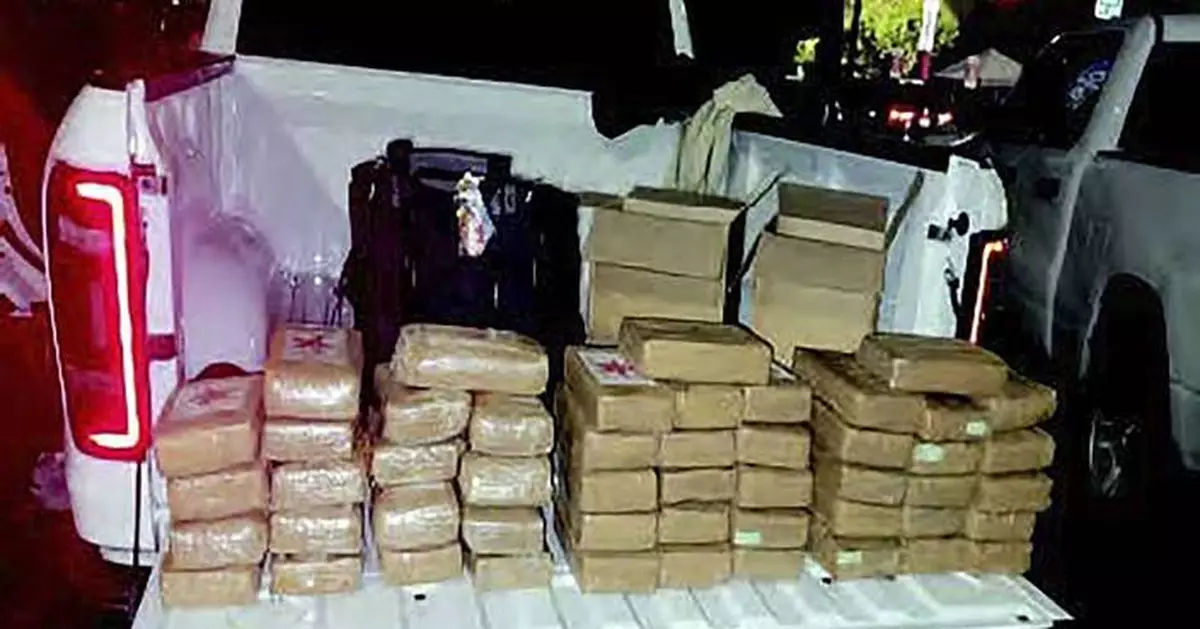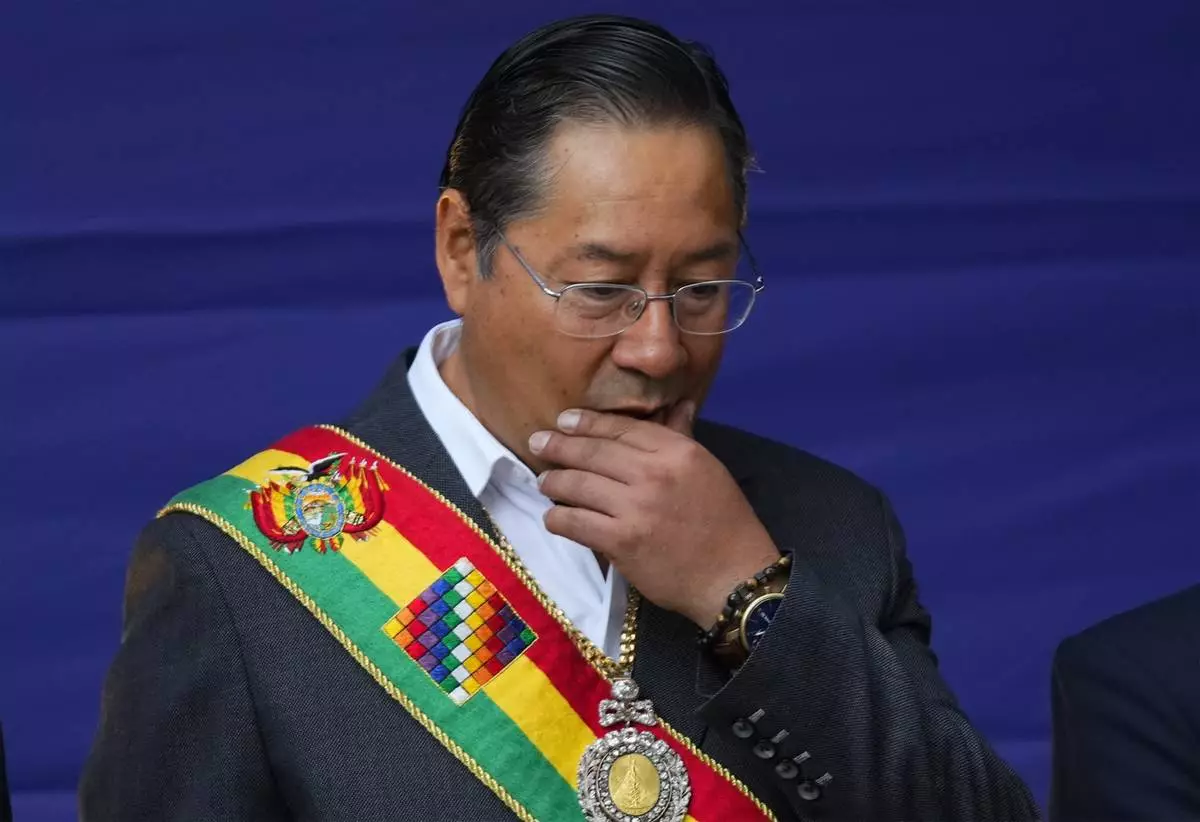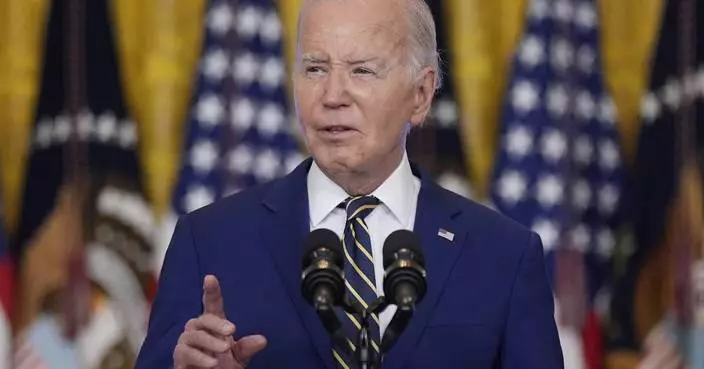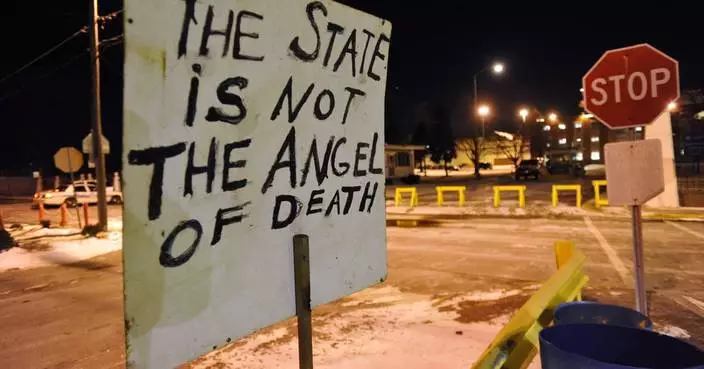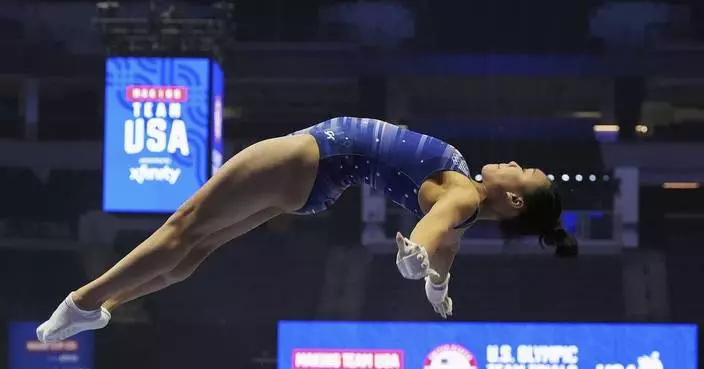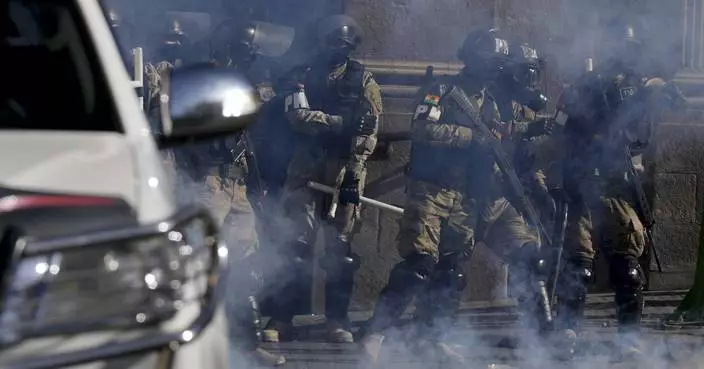LOS ANGELES (AP) — A five-year investigation by U.S. officials has uncovered a complex partnership between one of Mexico’s most notorious drug cartels and Chinese underground banking groups in the U.S. that laundered money from the sale of fentanyl, cocaine and other drugs, federal prosecutors said Tuesday.
Associates of the powerful Sinaloa Cartel conspired with the Chinese groups to cover up more than $50 million in drug profits, much of which was processed in the Los Angeles area, the prosecutors said in a news release.
Two dozen people have been charged. Chinese and Mexican law enforcement helped arrest fugitives who fled the United States after they were initially charged last year.
“This investigation shows that the Sinaloa Cartel has entered into a new criminal partnership with Chinese nationals who launder money for the cartels,” Drug Enforcement Administration official Anne Milgram said at a news conference.
The lead defendant is Edgar Joel Martinez-Reyes, 45, of East Los Angeles, who prosecutors said had managed couriers who picked up drug cash in the Los Angeles area. Martinez-Reyes partnered with the leader of the Chinese money launderers, and traveled with him to Mexico to negotiate contracts with the cartel, authorities said.
Martinez-Reyes' attorney did not immediately respond to an email and call seeking comment.
Prosecutors said the scheme relied on the huge demand for U.S. currency from wealthy Chinese nationals, who are prohibited by their government's capital flight restrictions from transferring more than $50,000 per year out of China.
According to the authorities, a person in China would move money into the seller's Chinese bank account and receive the dollar equivalent in the U.S. for use in purchasing real estate, luxury items, and paying tuition. They said cryptocurrency transactions were also used to move the drug money, adding the funds in China are used to buy such goods such as chemicals for making fentanyl and methamphetamine that are then sent to the drug cartels in Mexico.
The Chinese money brokers charged a much smaller percentage commission fee than traditional money launderers and provided overall cheaper methods than previous ways of moving money, such as smuggling truckloads of cash across the U.S.-Mexico border or going through banks and businesses, according to the officials.
“When I talk about a cycle of destruction, the drugs being sold here in the United States are then being used to fund precursor chemicals which will be used to make even more drugs that are sent into our country,” Estrada said.
Federal law enforcement has worked closely with the Ministry of Public Security in China since the meeting last November between President Joe Biden and Chinese leader Xi Jinping in Woodside, California, according to Estrada.
At least 22 of the 24 defendants have been arrested, Estrada said. Their charges include one count of conspiracy to aid and abet the distribution of cocaine and methamphetamine, one count of conspiracy to launder monetary instruments, and one count of conspiracy to operate an unlicensed money-transmitting business.
Most of those in custody will be arraigned in the U.S. District Court in Los Angeles in the coming weeks, the news release said.
Authorities said law enforcement also seized about $5 million in drugs, including just over 300 pounds (135 kilograms) of cocaine and 92 pounds (41 kilograms) of methamphetamine as well as other drugs and several firearms.
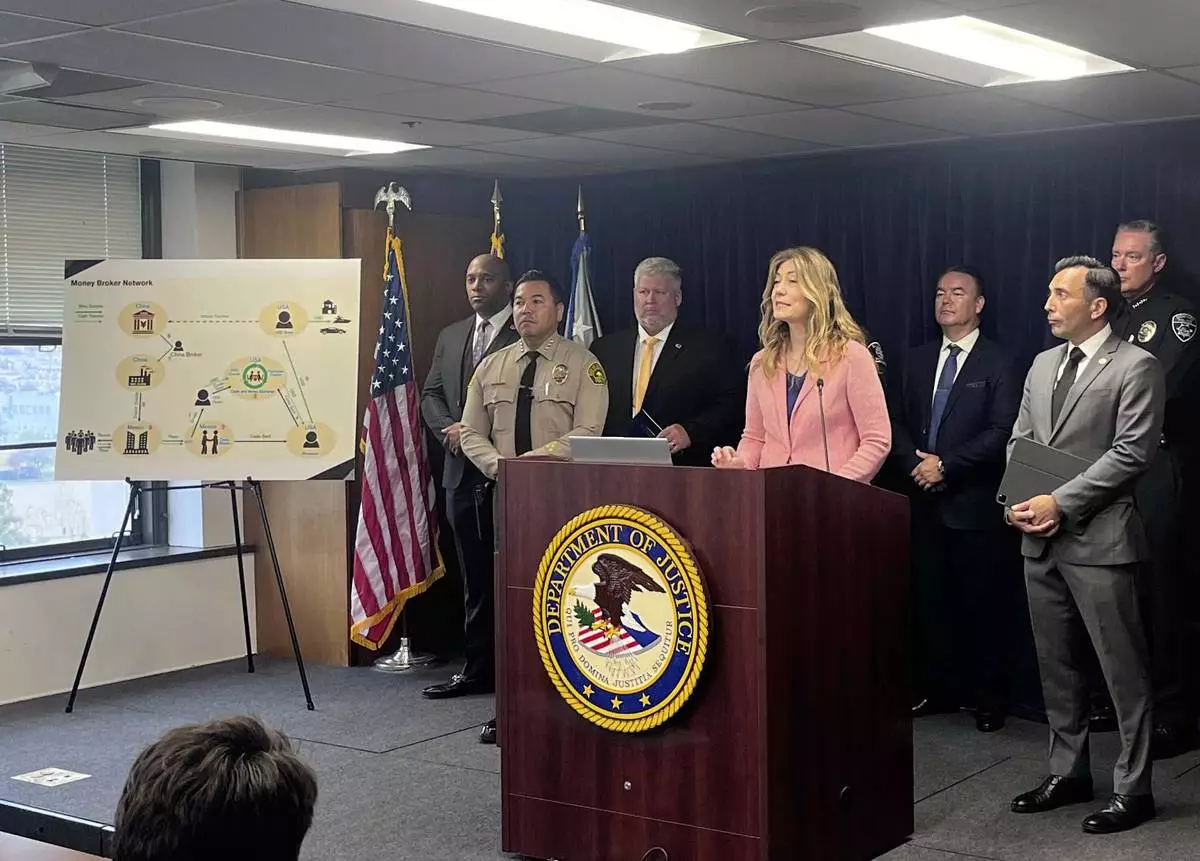
United States Attorney Martin Estrada, right looks on as Drug Enforcement Administrator Anne Milgram talks during a news conference in Los Angeles on Tuesday, June 18, 2024. The Justice Department today announced a 10-count superseding indictment charging Los Angeles-based associates of Mexico's Sinaloa drug cartel with conspiring with money-laundering groups linked to Chinese underground banking to launder drug trafficking proceeds. (AP Photo/Jamie Ding)
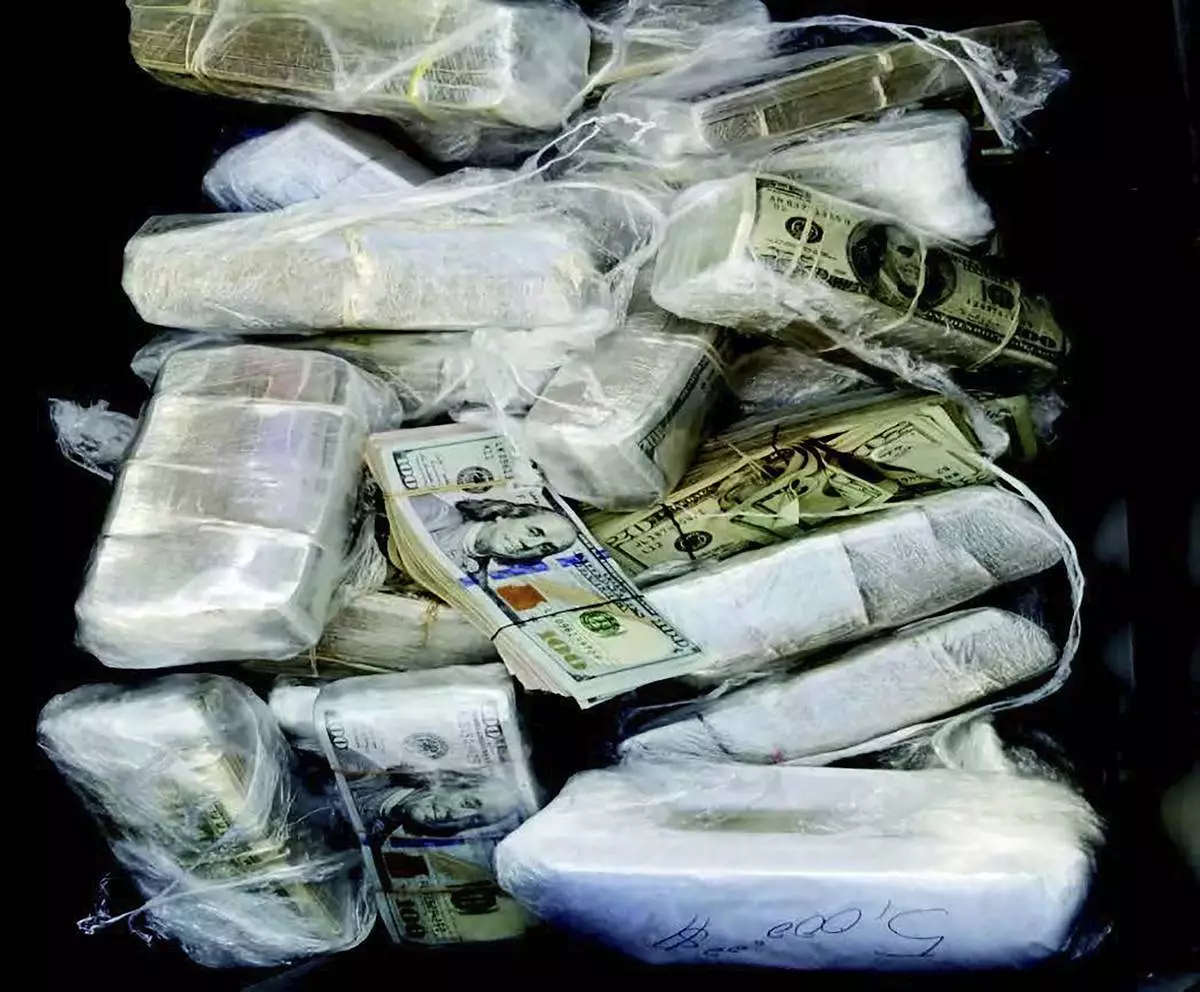
This undated photo provided by the U.S. District Attorney shows confiscated drug money. The Justice Department today announced a 10-count superseding indictment charging Los Angeles-based associates of Mexico's Sinaloa drug cartel with conspiring with money-laundering groups linked to Chinese underground banking to launder drug trafficking proceeds. (U.S. District Attorney via AP)
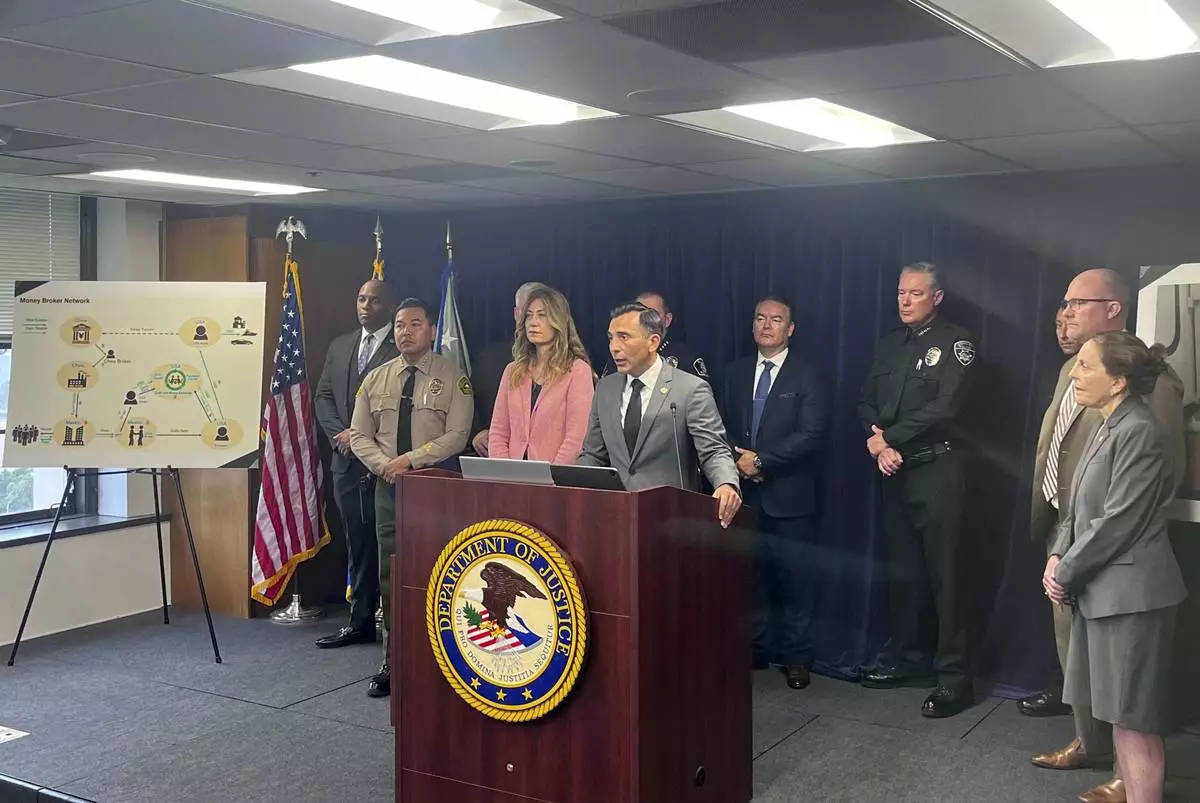
United States Attorney Martin Estrada backed by other law enforcement officials talks during a news conference in Los Angeles on Tuesday, June 18, 2024. The Justice Department today announced a 10-count superseding indictment charging Los Angeles-based associates of Mexico's Sinaloa drug cartel with conspiring with money-laundering groups linked to Chinese underground banking to launder drug trafficking proceeds. (AP Photo/Jamie Ding)
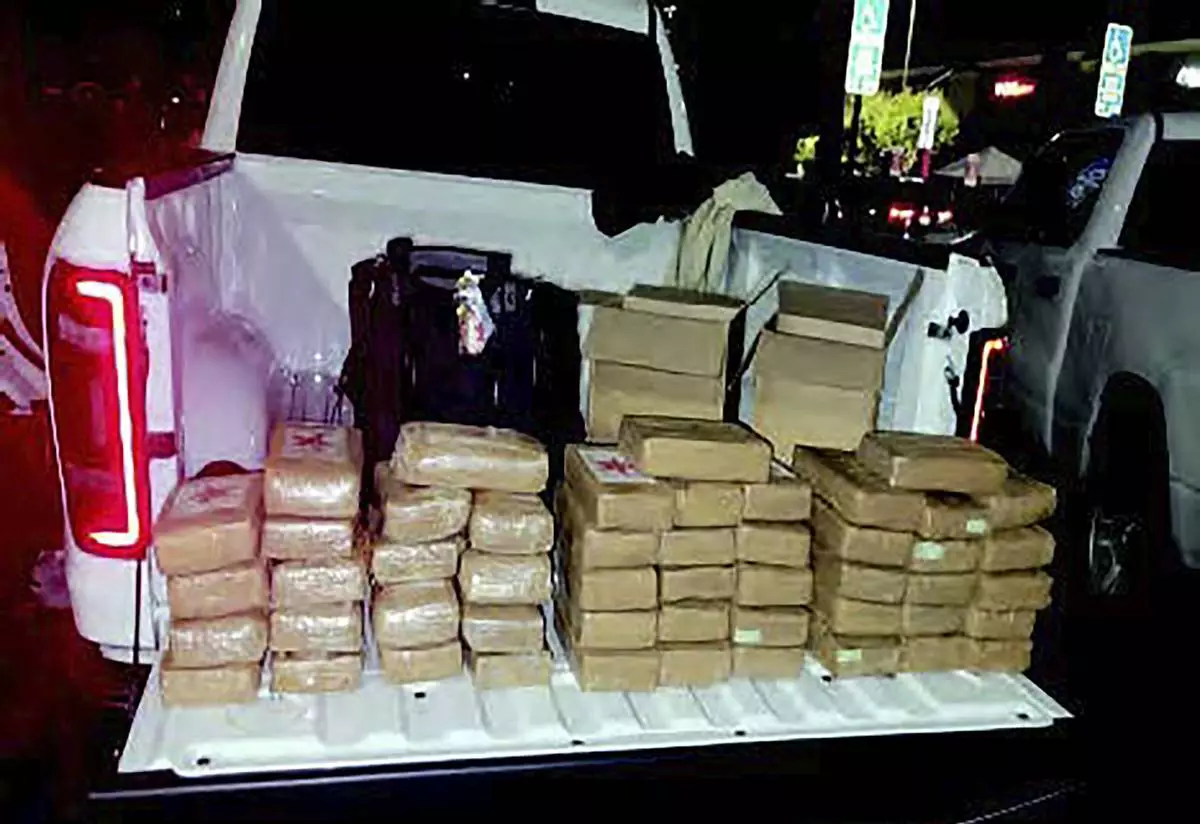
This undated photo provided by the U.S. District Attorney shows confiscated drugs piled up in a truck bed. The Justice Department today announced a 10-count superseding indictment charging Los Angeles-based associates of Mexico's Sinaloa drug cartel with conspiring with money-laundering groups linked to Chinese underground banking to launder drug trafficking proceeds. (U.S. District Attorney via AP)


